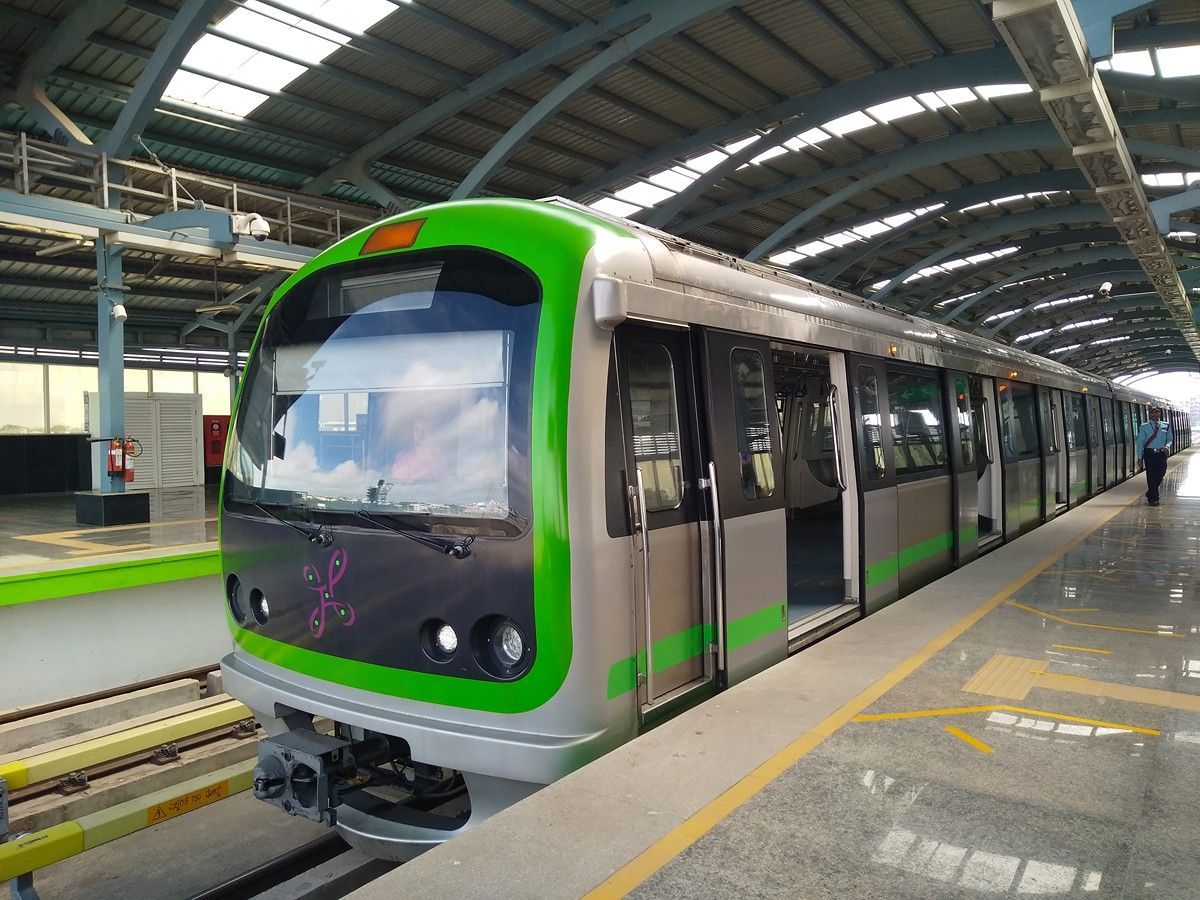The central government has initiated a high-level review of key infrastructure and urban mobility projects in Bengaluru.
Senior officials from the Ministry of Housing and Urban Affairs (MoHUA) held deliberations with Karnataka’s urban development authorities and metro rail officials on Monday, focusing on expediting projects under Smart Cities Mission, AMRUT 2.0, and the crucial Bengaluru Suburban Rail and Metro expansions. The visit underscores the Centre’s growing urgency in aligning state-level implementation with national sustainability goals, especially in megacities like Bengaluru that are grappling with rising urban sprawl, air pollution, and inadequate public transport networks. The review, held at the Karnataka Urban Infrastructure Development and Finance Corporation (KUIDFC), spotlighted both progress made and the persistent bottlenecks in project execution.
Bengaluru, often hailed as India’s tech capital, has seen its infrastructure buckle under rapid urbanisation. With millions depending on last-mile connectivity, the city’s mass rapid transit systems have come under sharp scrutiny. Metro Phase 2, the Suburban Rail Project, and green mobility initiatives like non-motorised transport corridors are now seen as critical to ensuring the city’s long-term liveability. Union officials are said to have expressed concern over project delays due to land acquisition issues, inter-agency coordination lapses, and unspent central allocations. The Bengaluru Smart City initiative, despite being among the early adopters of the programme, has also been slow in delivering climate-resilient infrastructure in low-income and high-density zones. Only a fraction of the proposed rainwater harvesting systems, decentralised waste management hubs, and pedestrian zones have seen ground-level execution.
Officials also reviewed Bengaluru’s performance under AMRUT 2.0, which is aimed at ensuring universal access to drinking water, sewage treatment, and green public spaces. The city’s sluggish progress in transitioning from borewell dependence to sustainable water sources has drawn attention, especially in light of this year’s water stress and rising groundwater depletion. Significantly, the Centre’s review comes at a time when Bengaluru is being considered for pilot status in the National Urban Digital Mission, aiming to digitally map all civic assets, services, and citizen feedback mechanisms in real time. While this initiative promises increased transparency, questions remain over digital inclusivity for urban poor communities that lack adequate digital access.
The review is expected to help Karnataka unlock faster approvals, better interdepartmental collaboration, and performance-based incentives. However, civic experts stress that such interventions must also be coupled with robust citizen engagement, climate-proof design standards, and equitable infrastructure delivery to avoid further deepening urban divides. With a rising number of climate shocks, traffic congestion, and water insecurity, the message from the Centre was clear: Bengaluru must move faster, greener, and more inclusively if it is to emerge as a model for India’s urban future.
Also Read: Kalaburagi Plans Two Lakh Saplings For Green Future


